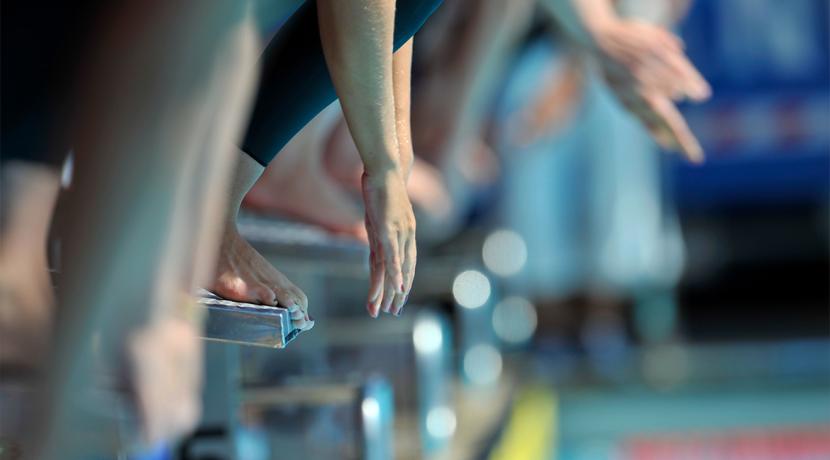
When Bayern Munich announced that Pep Guardiola was to become their manager the club's decision was hailed by fans and pundits. Here was a serial winner who had transformed Barcelona into the dominant force in European football and had two Champions League titles under his belt. Who better to lead Bayern to their first European Cup triumph since 2001? It did not quite work out like that as Jupp Heynckes bade farewell to coaching with an unprecedented treble and left Guardiola with an impossible act to follow. But follow it he must, and with the Bundesliga title wrapped up in record time he looked poised to surpass the standards set for him. However, questions are beginning to be asked. A 1-0 defeat at Real Madrid is no disaster but it is the manner of Bayern's play that is causing concern. They dominated possession, their passes were exact, to feet, but there were very few clear-cut chances to show for it. For a side with the attacking talent of Arjen Robben, Toni Kroos, Franck Ribéry and Mario Mandzukic, with Mario Götze and Thomas Müller joining from the bench, it is remarkable that having nearly two-thirds of possession did not result in Real's goal being threatened throughout. It is a far cry from the 7-0 aggregate win over Barcelona at this stage last season. And it's easy to see what has changed – the players are nearly all the same, it's Guardiola's style that is stifling their attacking thrust, intent as he is in playing tiki-taka possession football that defined an era in Catalonia. Gary Neville is spot on in his verdict – Bayern are "possession without purpose".The warning signs were there against Arsenal and Manchester United. Bayern insisted on passing the ball sideways in front of the 10 men at the Emirates – only securing a 2-0 win thanks to Laurent Koscielny's ill-judged decision to march forward for a hopeless late Arsenal free-kick. And against the worst United side of the Champions League era, they struggled to a draw at Old Trafford and switched on the afterburners in Munich only after going a goal behind. Guardiola was brought to Germany to win trophies but taking over a team who have enjoyed such recent success and who dominate their domestic league to the point that they can poach their nearest rivals' best player two seasons running means that winning the title will never be enough; it's beholden on him to take the club forward and questions can now be asked about whether he is doing that. What exactly is the point in transforming the most dynamic attacking force in football in to one who struggle to find the back of the net against a 10-man Arsenal? Why neuter the two most thrilling wide players outside of Madrid with a game that makes possession a priority over chance creation? In the transformation of Bayern, Guardiola has shown himself more the dogmatic idealogue than the pragmatic footballing genius that some would like to imagine. The shift has certainly made Bayern less entertaining to watch for the neutral, and it failed to secure the unbeaten league season many were predicting it would – lest we forget Arsenal's Invincibles did so with a more direct style than Arsène Wenger has employed in the years since. At a club of Bayern's stature, a Bundesliga title will only get you so far, the hierarchy are taking note of the direction of travel and remarks from the sporting director, Matthias Sammer, may indicate some twitching in the boardroom. "I don't think there ever was another Bayern team that dominated at the Bernabéu the way we did it," Sammer said. "But the fact is we controlled possession, not the result … We have to be ruthless in our finish." And Philipp Lahm, the heartbeat of the side, hit the same chord: "We were missing that decisive attacking action." It's a sentiment echoed in Guardiola's comments that what the team are "missing was the finish".
